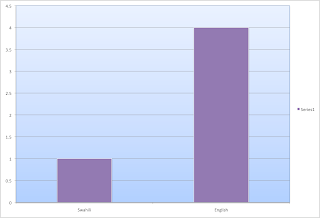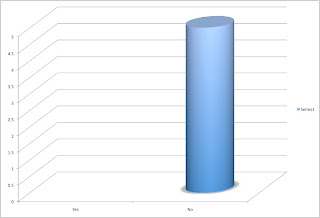Recommendations
To learn further about Swahili versus English, I would lean a bit of the language. It really gives you perspective on how it is for you as an individual. If you learn the language you see how difficult it is and h ow the grammatical rules flow in the language it's self. This would also help you study it in depth, especially if you look at the kind of person you are. Do you learn language easily, were you raised speaking english? these are all question that would help how YOU compare Swahili and English. And, lastly, if you were really into the comparison between these languages, the best thing to do is visit Swahili speaking nations (below) and experience the blend of Swahili and English for yourself!





